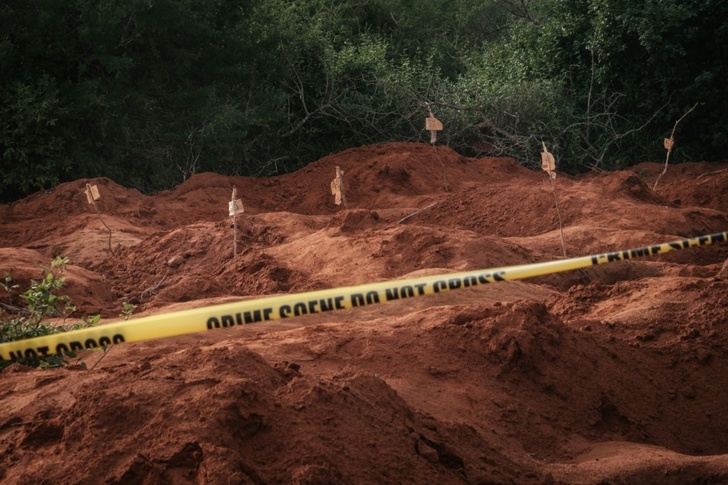Two pastors are due to appear on Tuesday before Kenyan courts suspected of being behind the deaths of at least 109 people found buried in what has been dubbed the "Shakahola forest massacre".
Deeply religious and Christian-majority with more than 4,000 registered churches, Kenya has been stunned by the revelations of seeking God by starvation.
The two men are in detention and scheduled to appear in courts in different towns on Tuesday.
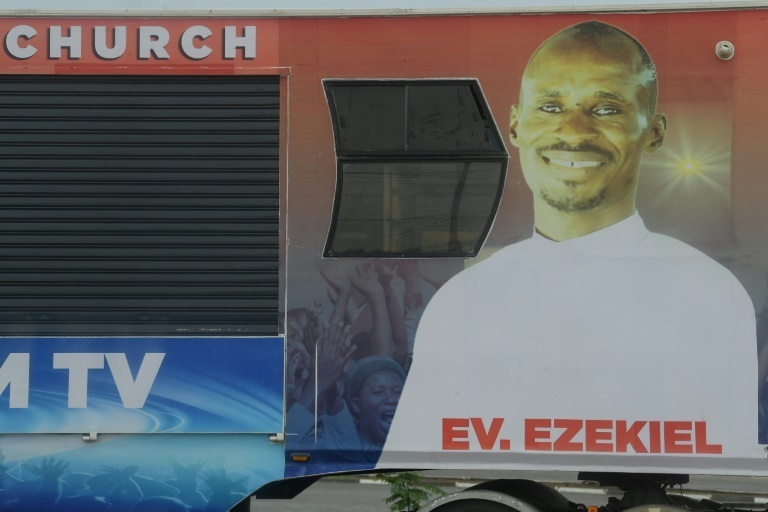
Ezekiel Odero, a wealthy and well-known tele-evangelist, is expected in court at the East African nation's second city Mombasa following his arrest in Malindi on Thursday.
Odero is suspected of murder, aiding suicide, abduction, radicalisation, crimes against humanity, child cruelty, fraud and money laundering.
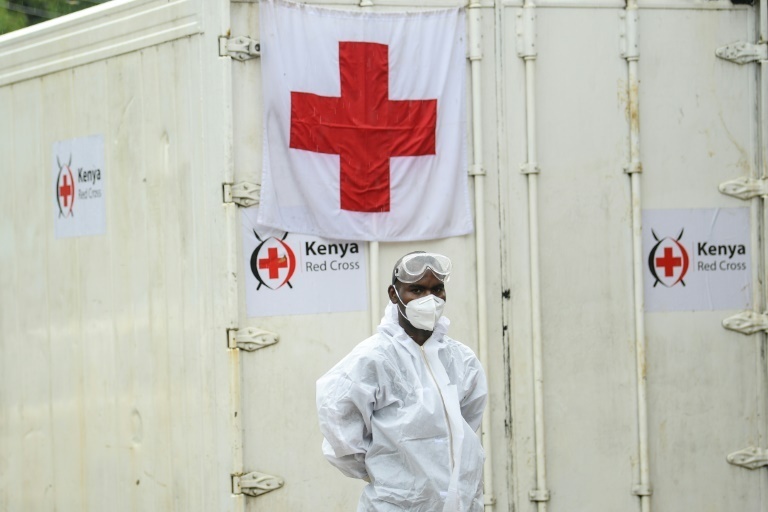
Mackenzie Nthenge gathered his flock in the forest where some 30 mass graves have been discovered containing more than 100 bodies, most just children.
Mackenzie Nthenge, who turned himself in on April 14 after police first entered the forest working on a tip-off, stands accused along with 13 other people with murder, kidnapping, cruelty towards children among other crimes in court documents seen by AFP.
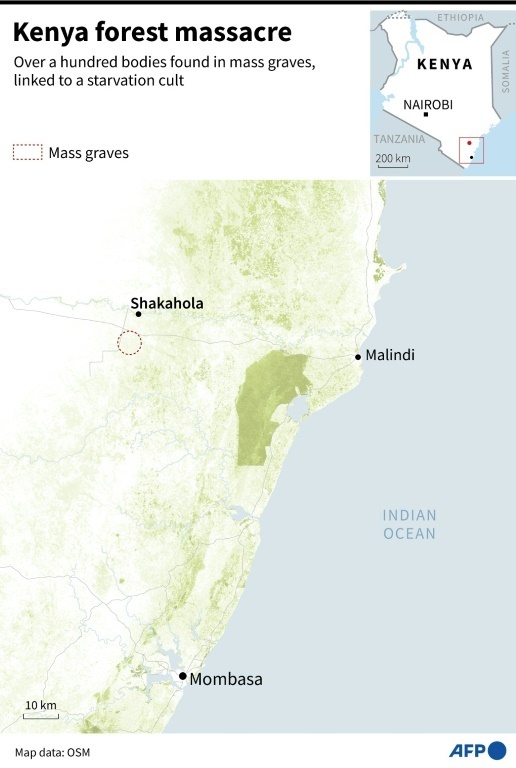
The first autopsies from Shakahola were carried out Monday on nine children and one woman.
They confirmed starvation as the cause of death, although some victims were asphyxiated, the authorities said.
Questions have been raised about how a self-styled pastor with a history of extremism has managed to evade law enforcement despite his prominent profile.
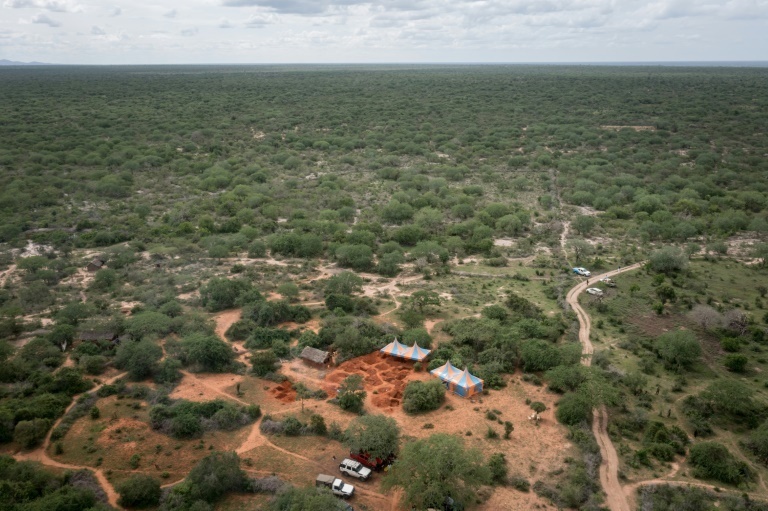
This week Ruto will set up a task force "to deal with generally how we govern religious activities in our country and how we make sure we don't infringe on the sacred right of the freedom of worship, opinion and belief," Interior Minister Kithure Kindiki said.
"But at the same time we don't allow criminals to misuse that right to hurt, kill, torture and starve people to death."
sva/bp/pvh
© Agence France-Presse
Your content is great. However, if any of the content contained herein violates any rights of yours, including those of copyright, please contact us immediately by e-mail at media[@]kissrpr.com.
Source: Story.KISSPR.com

